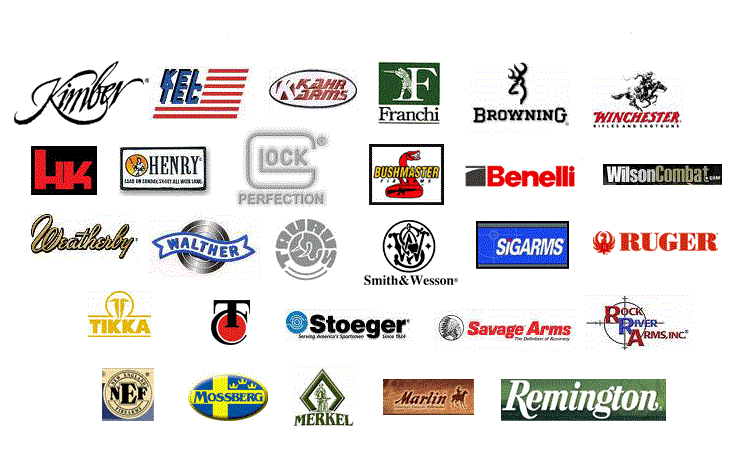As America’s gun crisis shows no sign of abating, there is some hope for reducing the number of mass shootings and killings. The emerging wave of lawsuits against gun makers echoes previous successes against the car industry, opioid companies and big tobacco.
In New York, California, Delaware and other states, new laws aim to provide ways around a near 20-year immunity provided to gun manufacturers and distributors. In Indiana, a lawsuit brought by victims of the 2021 mass shooting at a FedEx facility aims to hold a gun manufacturer accountable for the horror wrought by one of its weapons.
Lawsuits like the Indianapolis action, brought by two survivors of the shooting and the family of a man killed, broadly argue that gun manufacturers, gun sellers and gun distributors bear responsibility for gun crimes because of the way they design, market and distribute their products and there is evidence the litigation could work to combat gun violence.
The arguments are similar to some of those brought against car, opioid, asbestos and tobacco industries in recent decades, which led to companies acknowledging the danger of their products and pushed them toward more responsible practices.
Those lawsuits exposed the true extent to which company executives were aware of the harmfulness of their products. Huge financial penalties were imposed which eventually compelled more responsible behavior.
The door was effectively opened for gun litigation last year, when the families of five adults and four children killed in the 2012 Sandy Hook school shooting settled with Remington, which manufactured the AR-15 style rifle used in the massacre, for $73m.
The families argued that Remington had violated a Connecticut trade law by irresponsibly marketing its AR-15 Bushmaster rifle to young, high-risk males, through militaristic marketing campaigns and first-person shooter video games – a similar tactic is seen in the Indianapolis lawsuit.
“Definitely reasonable gun laws need to be passed,” said Philip Bangle, a lawyer representing the FedEx shooting victims.
“[But] that’s a policy issue and that is a different avenue. What we’re trying to do through litigation is just encourage responsible conduct, and make it beneficial for gun manufacturers and dealers to start implementing responsible conduct.”
Lawsuits against gun companies have become rare but in the 1990s a number of them were sued by individuals affected by gun violence and by cities seeing the impact of firearms in neighborhoods.
By 2000 more than 30 cities, and the state of New York, were suing the gun industry, seeking damages and improved gun safety standards.
But that avenue soon closed. Rather than improve their standards, the gun industry, including the National Rifle Association, lobbied hard for protection from such litigation.
That led to the 2005 Protection of Lawful Commerce in Arms Act (PLCAA), which effectively granted gun manufacturers and sellers immunity from lawsuits related to harm “resulting from the criminal or unlawful misuse” of guns.
Unlike other industries, the gun industry was now largely free to act as it chose…READ MORE
DISCLAIMER: The content of Pro Liberation is firmly opinionated and is not meant to be interpreted as official news. We glean facts and quotes from mainstream news websites and abridge its meaning for readers to relate. We do not indulge in misinformation, conspiracy theories, or false doctrine but choose to express our right to free speech as citizens of this country and free born under God the Creator. We represent Nu Life Alliance Inc. a non-profit organization in the battle for social and economic justice. Donate to our cause at the following link. DONATE












